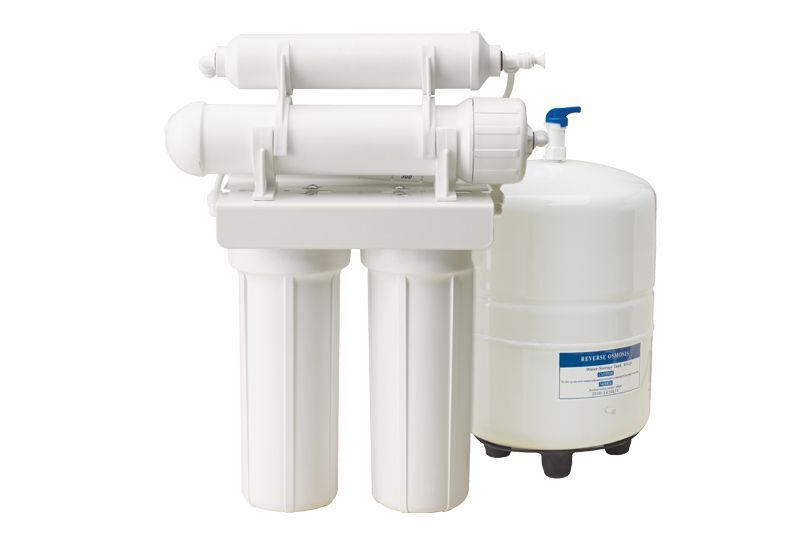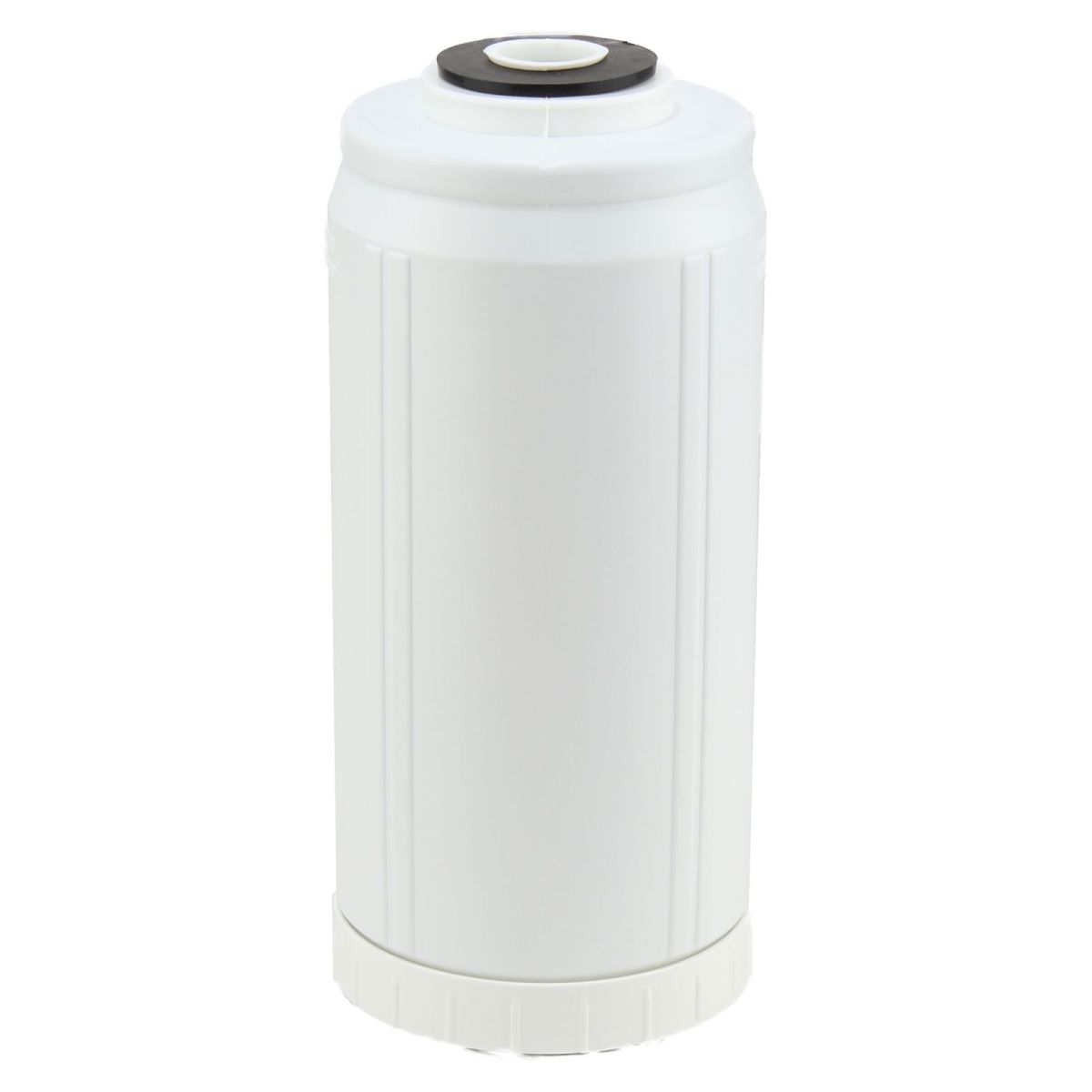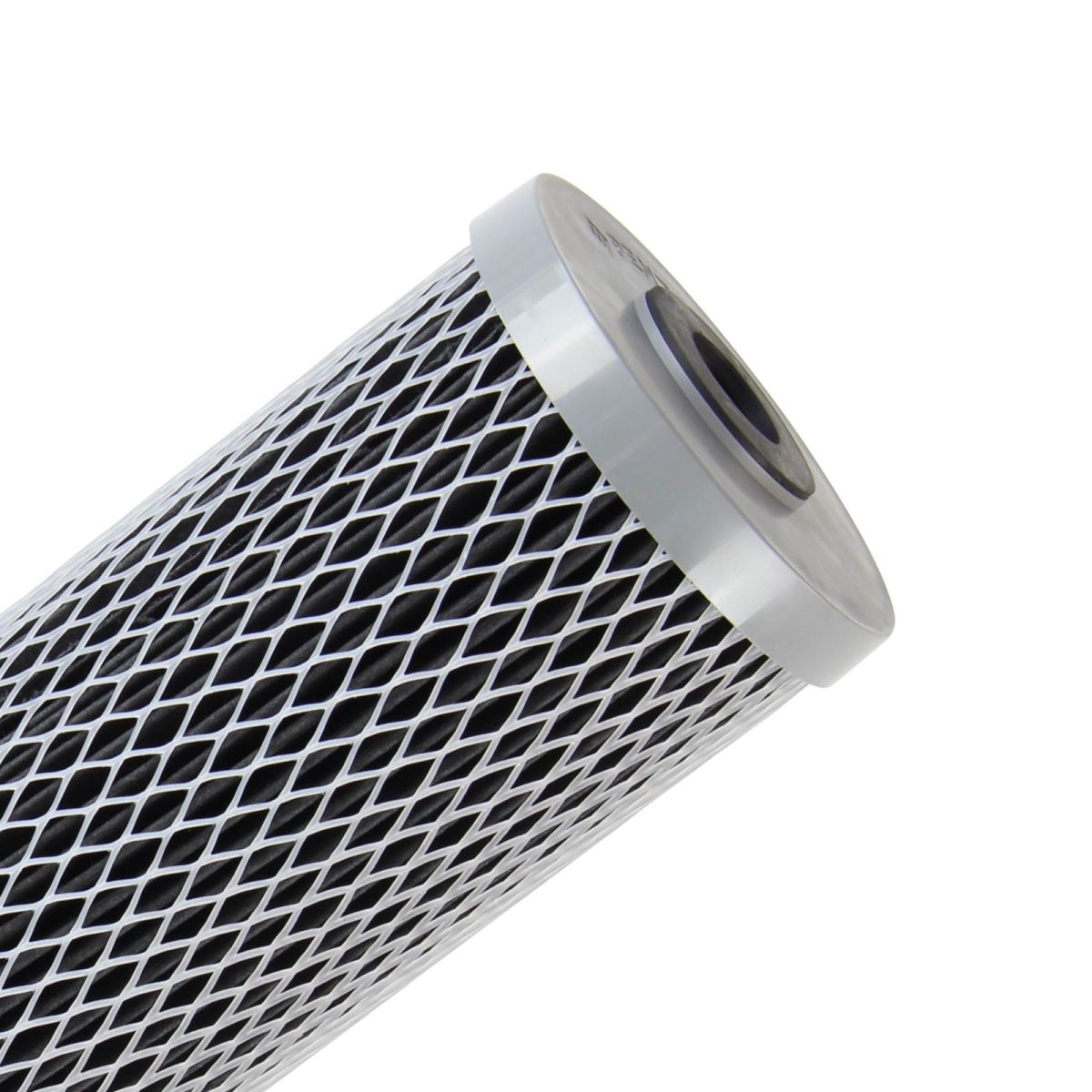If you’re the type of person that when you’re feeling thirsty you have no worries about grabbing a glass for a quick drink from the tap, well, the news doing the rounds about the drinking water quality in Sydney might just turn you off. That’s right, the water quality in Sydney has made plenty of headlines recently, after reports revealed the presence of Per- and Polyfluoroalkyl substances (PFAS or also known as ‘forever chemicals’) in sample tests. Despite assurances that the H2O is actually OK for Sydneysiders and we can continue to drink-up, concerns still persist about the levels of PFAS in Aussie drinking water nationwide. There’s also been calls for more rigorous water testing to ensure safer drinking water, as well as stricter regulations on forever chemicals in our water supplies to avoid PFAS exposure and its long term effects on our health.
So, what are forever chemicals?
As you may have already guessed, ‘forever chemicals’ is the nickname given to a group of synthetic human-made chemicals including PFAS and PFOS (Perfluorooctane Sulfonate or Perfluorooctane Sulfonic Acid), all remarkably persistent in the environment and human bodies. Before you think that these chemicals must come from a science lab, the reality is much closer to home. Because these chemicals are highly resistant to elements like heat, water, and grease, they’ve been used in the manufacturing of many household products we use everyday, such as non-stick cookware, water-repellent fabrics and clothing, insecticides, food packaging, and the foam in our fire extinguishers.
While they are mighty handy to have, they are called ‘forever chemicals’ for a reason, and the properties that make PFAS so useful also do come at a cost. PFAS and their related chemicals actually don’t break down naturally, which means a few things for us: they can travel long distances through our pipes and waterways, they’ll always stay on in the environment, and the more of these chemicals there the more they’ll continue to accumulate, not just in water but also most living organisms. Yes, including humans. It’s not just the longevity that has the experts concerned, PFAS pose plenty of potential health risks too. In fact, the World Health Organisation has declared PFOA (a type of PFAS), as a category-one human carcinogen.
The Dangers of PFAS in Water
According to chemical experts at the UN, the exposure of ‘forever chemicals’ like PFAS in both the environment and our bodies, also significantly increases the risk of several serious health issues, including:
- various types of cancer
- kidney and liver damage
- thyroid dysregulation
- immune system effects
- reproductive problems
- and developmental problems in children.
If that’s not concerning enough, it’s the vulnerable members of our community - pregnant women, babies, and the elderly, who are more likely to be affected. While experts don’t know exactly how much exposure to these chemicals will cause the health issues that we already know about, the reality is that these chemicals are bio-accumulative, which means any level of exposure will continue to build up in our bodies.
PFAS Contamination in Sydney
It’s not just Sydney’s water under the microscope. Recent research conducted in America by the US Environmental Protection Agency, found that there was no safe level of exposure to forever chemicals in water (PFOS and PFOA). This prompted their country to cut the maximum level allowed in their drinking water and now they’re urging us to do the same - and we know why there’s such a cause for concern.
Currently in Australia, forever chemicals in our water are permitted at levels up to 140 times higher than the levels allowed in America. It’s important to note that there are many types of PFAS, and that the Australian Drinking Water Guidelines do specify limits for Perfluorooctane Sulfonate (PFOS), Perfluorohexane Sulphonate (PFHxS), and Perfluorooctanoic Acid (PFOA).
This information also tells us that there really is a greater need for public awareness, along with stricter testing and regulatory measures to ensure safe drinking water for everyone.
How To Filter & Remove PFAS From Drinking Water
It’s not all bad news. There’s a range of water filters that remove PFAS from drinking water quite effectively. Aquastream’s PFAS water filter methods include reverse osmosis (RO) systems, granular activated carbon (GAC) filters, and carbon water filters. Let’s take a deeper look:
 Reverse Osmosis (RO):
Reverse Osmosis (RO):
A reverse osmosis system cleans water by pushing it through a special filter that blocks harmful stuff, like contaminants and PFAS, while letting clean water pass through. This filter has tiny pores that only allow water molecules to get through, and the PFAS chemicals get left behind. While a RO system is an excellent water filter for PFAS and almost every other single contaminant in water, it is not as suitable for the whole house. This type of PFAS filter system is best suited in the kitchen for all your drinking and cooking water.
EXPLORE REVERSE OSMOSIS SYSTEMS
 Granular Activated Carbon (GAC) Filters
Granular Activated Carbon (GAC) Filters
Granular activated carbon filters clean water by trapping harmful chemicals, like PFAS, as water flows through the large surface area of the PFAS filter. The carbon granules have tiny holes that catch a wide range of pollutants, which makes GAC filters a highly effective option and a better whole home water filter for PFAS.
 Carbon Block Water Filters
Carbon Block Water Filters
Carbon block water filters use activated carbon to catch harmful chemicals like PFAS. When water flows through this type of PFAS water filter, the PFAS molecules stick to the carbon, preventing them from getting into your drinking water. After reverse osmosis (RO), activated carbon block cartridges are one of the most effective water filters that remove PFAS. They’re easy to maintain and can be installed on your kitchen tap or as part of a whole-house system
All these PFAS filter options available at Aquastream, are ideal for lowering the amount of dangerous chemicals, ensuring cleaner, safer water for your family - and they’ll contribute to a healthier environment too!
If you’ve never installed a PFAS water filter system before, be sure to check out Aquastream’s guides on how to choose a water filter and home water filter system cost.
Or for more advice on water filters that remove PFAS or general filtered water solutions, contact Aquastream today and have a chat with our friendly and helpful team.
